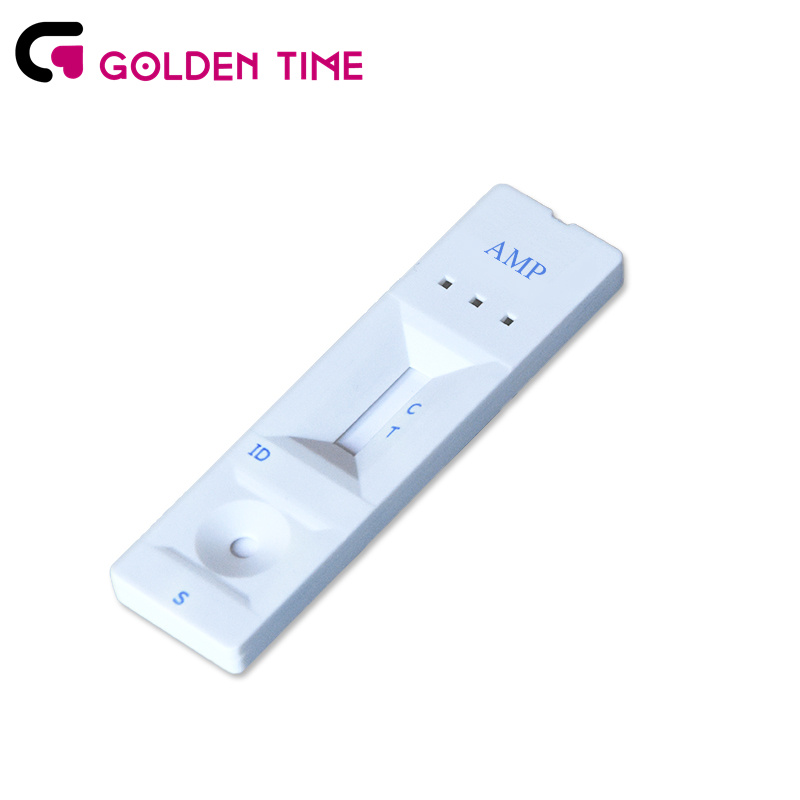Dec . 04, 2024 13:06 Back to list
Helicobacter Testing Solutions from Leading Manufacturers in the Healthcare Industry
Understanding Helicobacter Pylori Testing Key Manufacturers and Their Role in Diagnosis
Helicobacter pylori (H. pylori) is a type of bacteria that primarily infects the stomach lining and is a significant risk factor for various gastrointestinal disorders, including peptic ulcers and gastric cancer. As awareness of the implications of H. pylori infection grows, the demand for reliable and accurate testing methods has prompted several manufacturers to produce innovative diagnostic solutions. This article explores the landscape of H. pylori testing manufacturers, the types of tests available, and their importance in healthcare.
Types of H. Pylori Tests
H. pylori testing is crucial for diagnosing infections and guiding appropriate treatment. The primary testing methods include
1. Serological Tests These blood tests detect antibodies to H. pylori. They are quick and non-invasive but may not differentiate between current and past infections, leading to potential false positives.
2. Urea Breath Test (UBT) This non-invasive test measures the presence of H. pylori by analyzing the breath after the patient ingests a urea solution. If H. pylori is present, it breaks down the urea, releasing carbon dioxide that is detected in the breath samples.
3. Stool Antigen Test This test detects H. pylori antigens in a stool sample and is reliable for confirming active infection. It is particularly useful in cases where endoscopy is not an option.
4. Endoscopic Biopsy In this invasive method, a camera is used to visualize the stomach, and a small tissue sample is taken for laboratory testing. This method can confirm H. pylori infection and exclude other conditions like cancer.
Key Manufacturers in H. Pylori Testing
Several manufacturers specialize in H. pylori testing, pioneering technologies that improve diagnostic accuracy and convenience. Here are some prominent players in this field
helicobacter testing manufacturers

1. Abbott Laboratories Known for its strong presence in the diagnostics landscape, Abbott offers various tests for infectious diseases, including H. pylori. Their diagnostics segment includes advanced serological and antigen testing kits that help clinicians diagnose infections effectively.
2. Thermo Fisher Scientific This life sciences company manufactures a range of diagnostic tools and reagents for H. pylori testing. Their innovative technologies focus on accuracy and rapid turnaround, catering to both clinical and research settings.
3. Roche Diagnostics Roche is a leader in medical diagnostics and has developed several serological tests for H. pylori. Their products ensure consistent results, providing healthcare providers with reliable data for patient management.
4. Alere (now part of Abbott) Alere specializes in point-of-care testing and has developed the Alere H. pylori test, a rapid test that provides results in minutes. This test allows for immediate diagnosis and treatment initiation, enhancing patient outcomes.
5. Biohit This company has developed various gastrointestinal diagnostic tests, including those for H. pylori. Biohit's products are known for their precision and are used worldwide to address H. pylori-related issues.
The Importance of Innovation in H. Pylori Testing
The evolving landscape of healthcare demands constant innovation in diagnostic testing. H. pylori testing manufacturers are at the forefront, developing methods that are not only accurate but also quick and user-friendly. The significance of timely diagnosis cannot be overstated, particularly given the serious complications associated with untreated H. pylori infections.
Recent advancements also include the development of point-of-care testing, which allows for immediate results and alleviates waiting times for patients. This shift is crucial in primary care settings where gastroenterological conditions are prevalent.
Conclusion
As the prevalence of H. pylori and its associated health risks become more recognized, the role of manufacturers in providing accurate and efficient testing becomes essential. Companies like Abbott, Roche, and Thermo Fisher Scientific are leading the way in developing innovative solutions that enhance patient care. These advancements not only support healthcare professionals in making informed decisions but ultimately contribute to better health outcomes for patients. In a world where early detection can significantly impact treatment efficacy, the contributions of H. pylori testing manufacturers are invaluable. As technology progresses, we can expect even more robust solutions that will continue to improve the diagnosis and management of H. pylori infections.
-
Highly Accurate hCG Pregnancy Test Strips - 5 Min Results
NewsAug.02,2025
-
Premium Empty ABS Plastic Cassettes: Durable & Lightweight Storage
NewsAug.01,2025
-
Accurate Cocaine (Coc) Rapid Test Kit | Fast & Reliable Detection
NewsJul.31,2025
-
Accurate HCG Pregnancy Test Strips | Fast Home Use Kit
NewsJul.31,2025
-
Reliable Early Pregnancy Test Kit Supplier - Multi Plastic Cassette Options
NewsJul.30,2025
-
Transferrin Rapid Test Cassette – Reliable Tumor Marker Detection
NewsJul.29,2025

